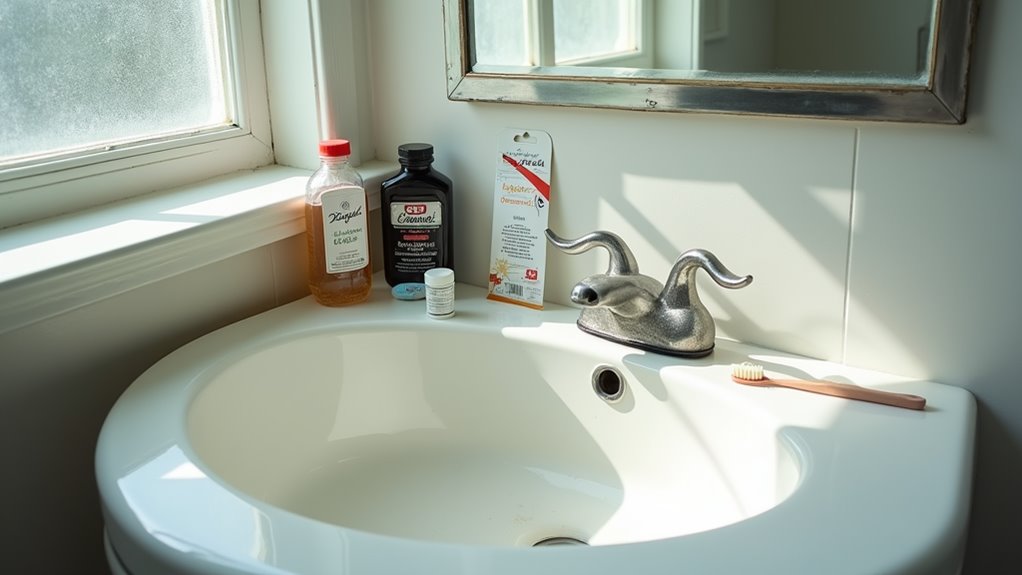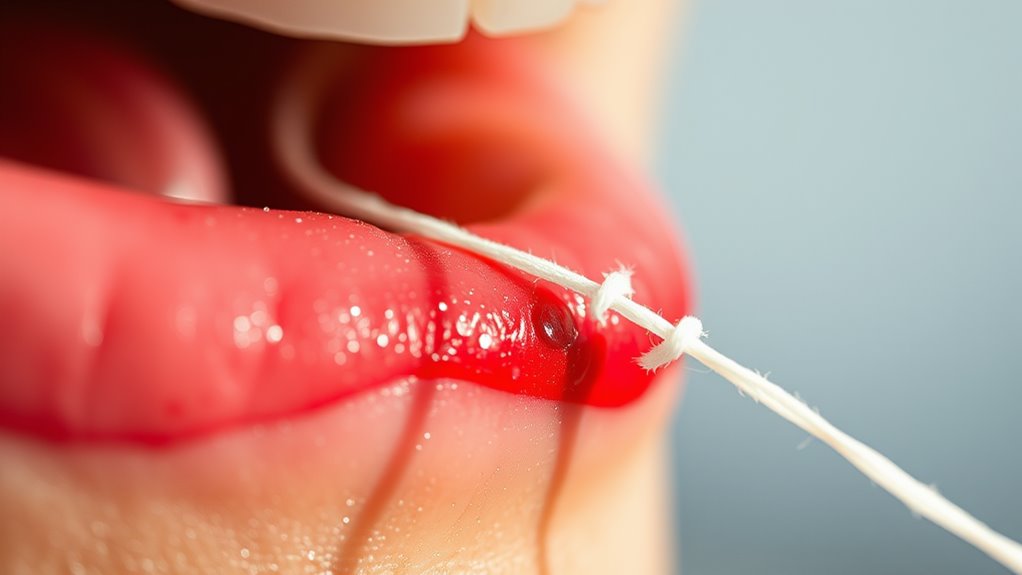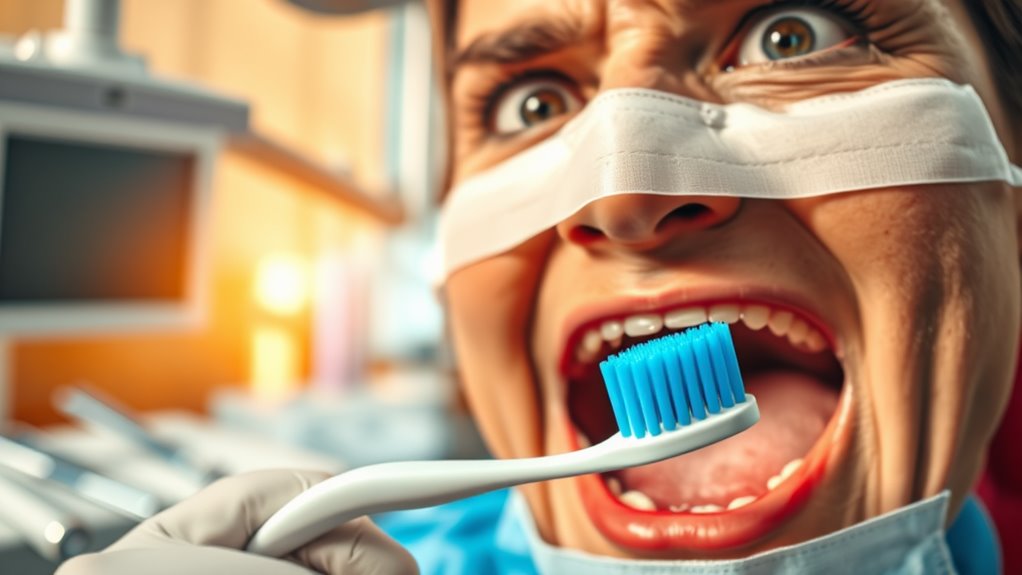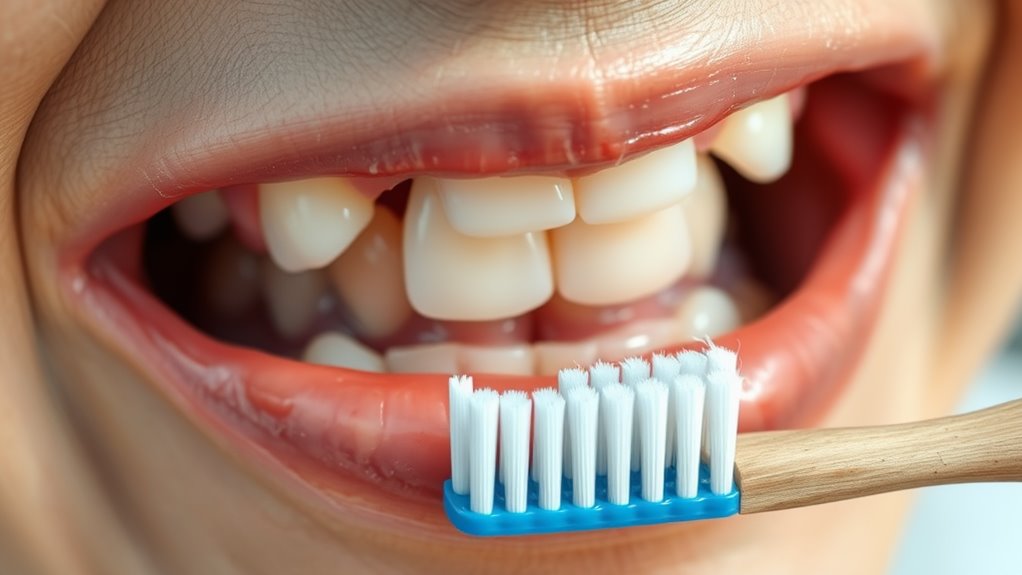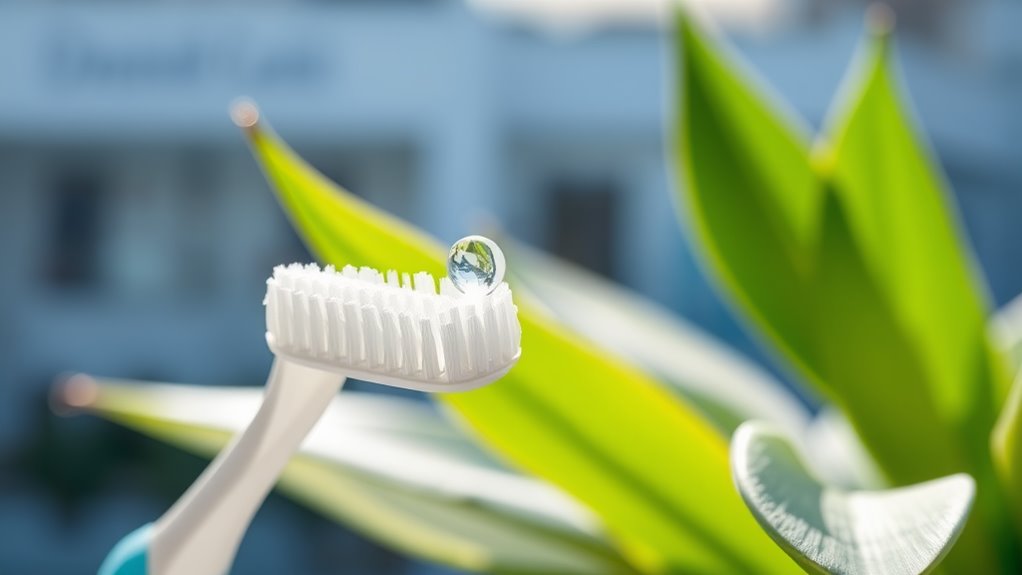The 5 Biggest Dental Myths That Could Be Ruining Your Teeth!
Your smile deserves better than outdated dental myths. You’ve probably heard well-meaning advice from friends and family about oral health, but following misguided information can damage your teeth and cost you thousands in dental work. From sugar’s role in cavities to the truth about brushing techniques, understanding these five common misconceptions will help protect your dental health and save you from unnecessary problems down the road.
Sugar Is the Only Cause of Cavities
While many people believe sugar is solely responsible for tooth decay, it’s actually just one of several factors that can lead to cavities. This ranks among the biggest dental myths because it oversimplifies a complex process.
The truth is that acids produced by bacteria in your mouth cause tooth decay, and these bacteria feed on various carbohydrates, not just sugar.
You’re at risk for cavities when you consume starchy foods like bread, crackers, and chips, which break down into simple sugars. Poor oral hygiene, dry mouth conditions, and acidic beverages also contribute significantly to cavity formation.
Even genetics play a role in determining your susceptibility to tooth decay. Genetic factors can affect saliva production and tooth enamel strength, further influencing your risk for cavities.
To protect your teeth, you’ll need a comprehensive approach that includes regular brushing, flossing, maintaining proper pH levels in your mouth, and staying hydrated – not just avoiding sugar.
Understanding these multiple factors helps you make better choices for your dental health.
White Teeth Equal Healthy Teeth
Although bright white teeth might look attractive, they don’t necessarily indicate good oral health. Your teeth’s natural color varies based on genetics, age, and lifestyle factors, with shades ranging from light grey to yellow being perfectly normal and healthy.
You’ll find that many people with naturally yellowish teeth maintain better oral health than those with artificially whitened smiles. Here’s what actually determines dental health:
| Factor | Healthy Signs | Warning Signs |
|---|---|---|
| Gums | Pink, firm | Red, swollen |
| Enamel | Strong, intact | Worn, chipped |
| Sensitivity | Minimal | Frequent pain |
| Breath | Fresh | Persistent bad odor |
| Plaque | Minimal buildup | Heavy deposits |
Rather than focusing solely on whiteness, prioritize regular dental checkups, proper brushing technique, and maintaining healthy gum tissue. These practices contribute more significantly to your overall oral health than achieving the perfect shade of white through cosmetic treatments. Additionally, prioritizing oral health helps prevent systemic diseases that can be linked to poor dental hygiene.
Brushing Harder Cleans Better
Despite what many people believe, brushing your teeth harder doesn’t lead to better cleaning and can actually damage your teeth and gums. Aggressive brushing can wear down your tooth enamel, cause gum recession, and create sensitive spots in your mouth. Over time, these issues can lead to more serious dental problems that require expensive treatments. Instead of applying more pressure, focus on proper brushing technique. Hold your toothbrush at a 45-degree angle to your gums and use gentle, circular motions. You’ll want to brush for at least two minutes, ensuring you reach all surfaces of your teeth. Consider switching to an electric toothbrush with pressure sensors that alert you when you’re brushing too hard. Additionally, strong enamel is crucial for resisting acids from food, drinks, and bacteria. If you’re unsure about your technique, ask your dentist to demonstrate the correct method. They can recommend soft-bristled brushes and show you how to effectively clean without causing harm to your oral health.
Baby Teeth Dont Need Much Care
Since many parents mistakenly believe that baby teeth are temporary and unimportant, they often neglect proper dental care for their child’s first set of teeth. This misconception can lead to serious oral health issues that affect your child’s permanent teeth development and overall well-being.
Baby teeth serve as crucial placeholders and guides for permanent teeth, affecting your child’s speech development and eating abilities. If you don’t maintain proper dental care during these early years, you’re setting your child up for potential complications later. Regular check-ups help monitor teeth and gums, preventing cavities and ensuring healthy development.
| Problems from Neglect | Impact on Development |
|---|---|
| Premature tooth loss | Misaligned permanent teeth |
| Gum disease | Difficulty speaking |
| Tooth decay | Poor eating habits |
| Dental infections | Compromised self-esteem |
| Jaw development issues | Face shape alterations |
You’ll want to start dental care even before the first tooth appears by gently cleaning your baby’s gums. Once teeth emerge, brush them twice daily with an age-appropriate toothbrush and schedule regular dental check-ups.
You Only Need to Visit the Dentist When in Pain
Many people make the dangerous mistake of waiting until they experience tooth pain before scheduling a dental appointment. This reactive approach can lead to more extensive and expensive dental procedures that could’ve been prevented with regular checkups.
Think of your dental health like a sophisticated early warning system. Regular visits allow your dentist to detect and address potential issues before they become painful problems. Modern dental technology has revolutionized preventive care, making it more effective than ever.
- Digital X-rays reveal hidden decay between teeth before cavities form
- Intraoral cameras detect hairline cracks invisible to the naked eye
- Advanced periodontal screening identifies early gum disease indicators
- Oral cancer screenings catch potentially life-threatening conditions
- Professional cleanings remove hardened tartar that brushing can’t eliminate
You’ll save time, money, and discomfort by scheduling routine dental visits every six months, regardless of whether you’re experiencing pain. Consulting with a dentist about individual needs can further tailor your dental care approach.
Prevention truly is the best innovation in dental care.
